After a wonderful weekend at the Hampton Roads Writers Workshop (kudos to Lauran Strait and all those who helped her make the conference such a success), I am reminded again of why I love to teach writing, to talk about craft and the business in such a setting.
As with so many things in the literary world and publishing business, no one is going to get wealthy teaching at writing workshops. Don’t get me wrong: Those of us listed as presenters for the event were housed, fed, and paid honoraria for our time. The conference charges its attendees a reasonable amount for all that they offer, and they do not in any way take advantage of their instructors. But I can also tell you that I worked hard on my talks beforehand, preparing them with care so that my presentations would take full advantage of the time I was allotted. I know for certain that my fellow presenters did the same. And then we spent the weekend giving our talks and speaking formally and informally with the conference attendees. If we were to take the time to calculate what we earned for all our work on a per hour basis . . . Well, let’s not go there.
In this way, as I mentioned, writing workshops are a lot like other elements of professional writing. If I were to figure my novel writing earnings on a per hour or per word basis, if I were to do the same with my editing work— But no. That way lies madness.
The greater point is that the vast majority of us who write DON’T think in those terms. Because while we do get paid, and we would, all of us, love to earn more as writers than we do, we don’t do it for the money. We do it for the love of the written word.
And so it follows that I don’t teach at writing conferences for the money, though it is nice to be paid, and shown in that small way that our time and effort and expertise are valued, I teach writing because I love to talk with fellow writing professionals and those who hope to be professionals at some point, about what we do. Edmund R. Schubert, my dear friend and colleague, gave a terrific keynote address at Hampton Roads and he expressed this idea so well. He compared it to churchgoers who speak of being spiritually fed (or not) by a sermon or sanctuary service. And he quoted a pastor who said that if one goes to church (or synagogue or mosque or temple) just looking to be fed, without looking for ways to feed others, they are missing the point.
I go to writing conferences hoping that my talks will “feed” those who listen, creatively, intellectually, professionally. But I also go to them because I know that the give-and-take of a writing session will feed me in turn. I will come away inspired, filled with a deeper appreciation and understanding of my craft. As I did this past weekend at Hampton Roads.
My time with Edmund and also John Hartness, who was there as well, as a presenter and book dealer, fed my need to hang with old friends who share my passion for and frustration with this crazy business. My conversations with fellow presenters I hadn’t known before this weekend offered me new perspectives on the writing industry and new friends who I look forward to seeing again at future events. And my interaction with the attending students, a diverse group who varied widely in age, writing level, life experience, and creative aspiration, filled me with renewed enthusiasm for the ongoing “conversation” in which all storytellers engage.
Yes, in recent posts I have lamented the state of the literary market. But writing is not going away. Storytelling is not going away. One need only experience first-hand the passion of these up-and-coming writers, who are not doing it for the money, who are struggling and working and honing their craft without having yet earned much of anything from their creative endeavors, to know that the future of our craft is not about the troubles in New York publishing. It is about the next generation of writers and their collective voice. And the generation after that one. And so on.
The publishing behemoths in New York can change, or at least make the attempt. They can cut advances, and shake up their staffs, and look to the mammoth booksellers with trepidation, wondering what their next pronouncement might mean for the bottom line. But readers still want a great story. Small booksellers still market books because they love literature. Small presses still publish great stories knowing that they are putting something positive and powerful into the world, even if their profit margins are, well, marginal. And writers of all levels still write the tales that burn in their hearts, and give voice to the characters they encounter in their ever-active imaginations.
Storytelling lives. The conversation continues.
Have a great week.









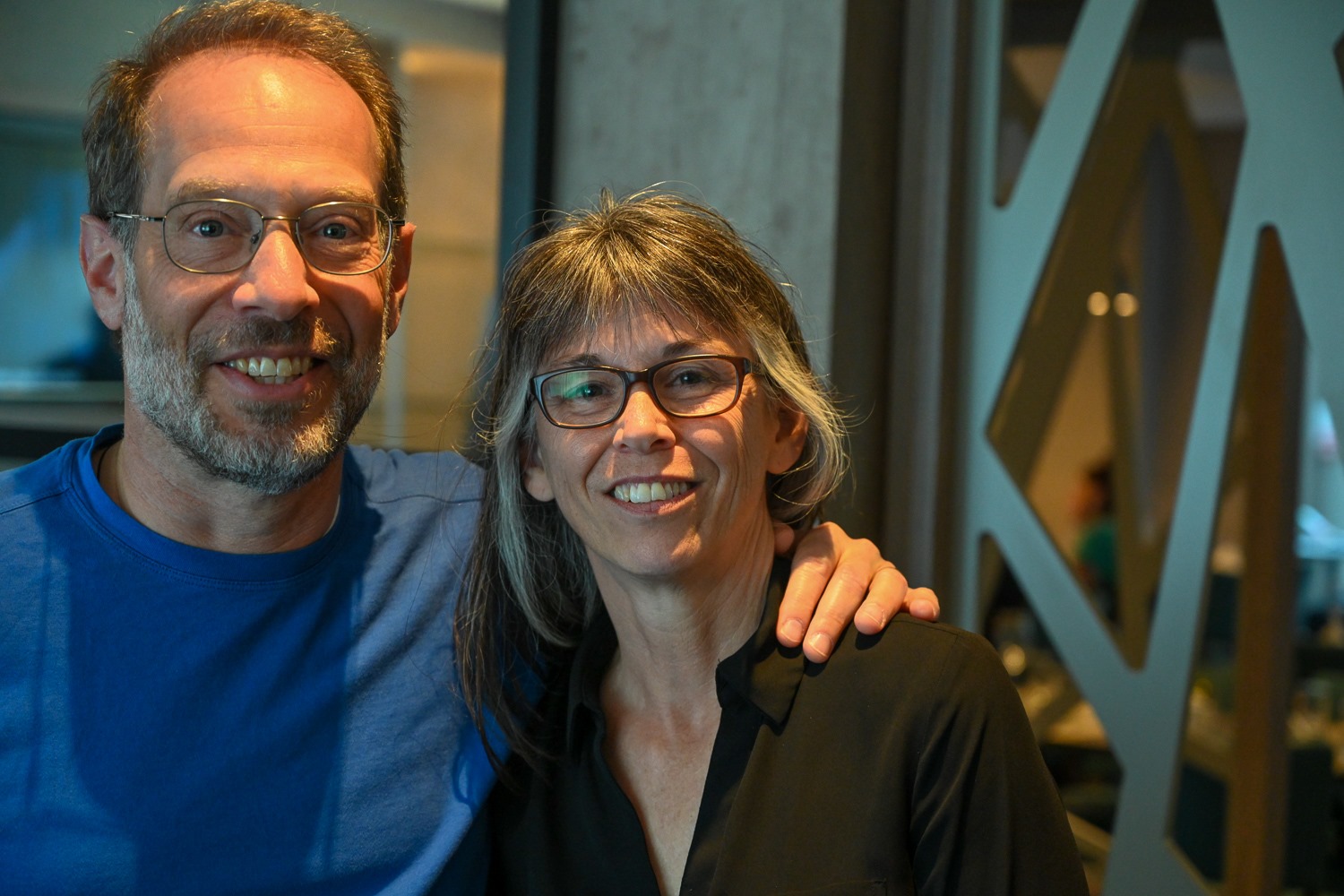
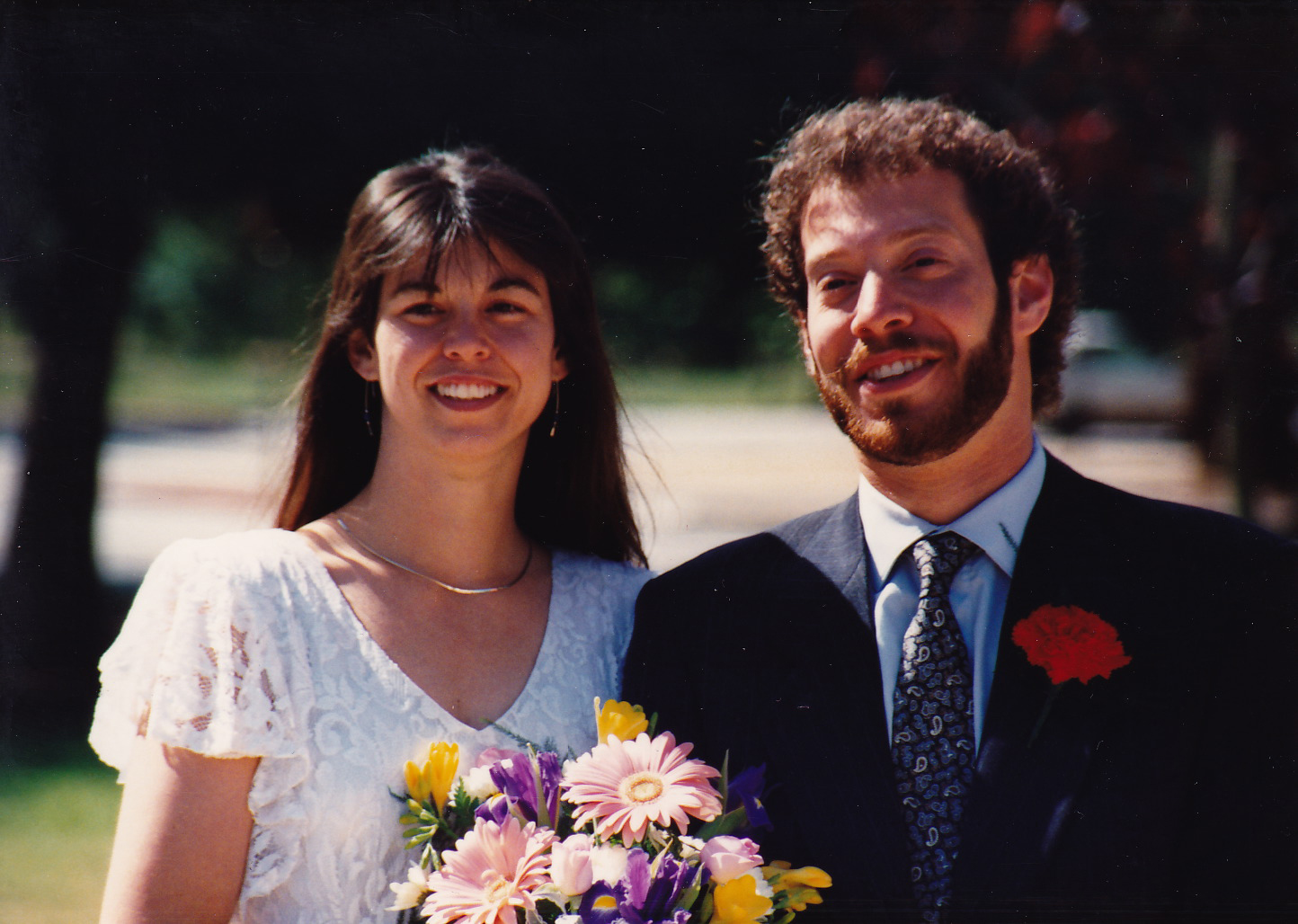
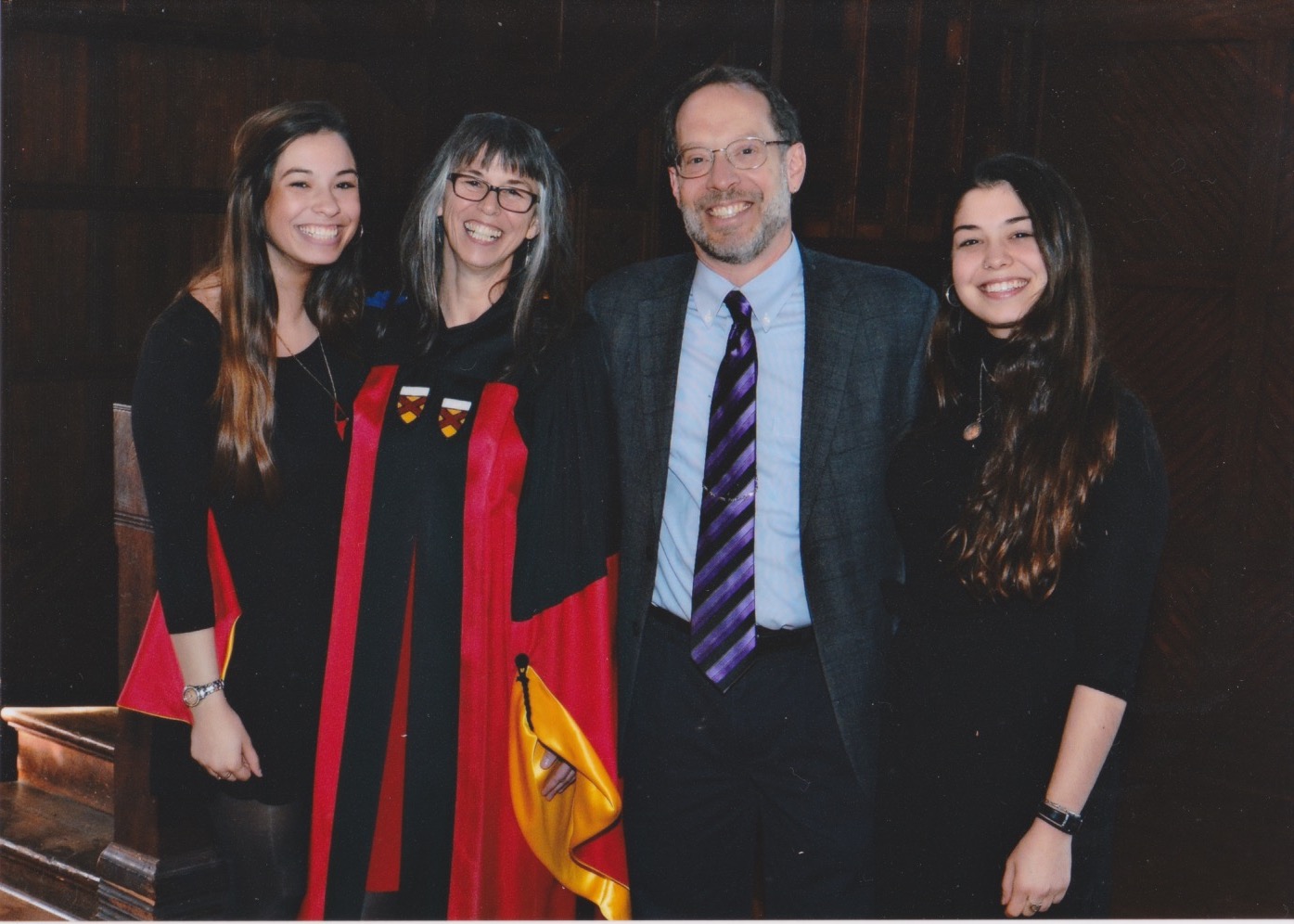

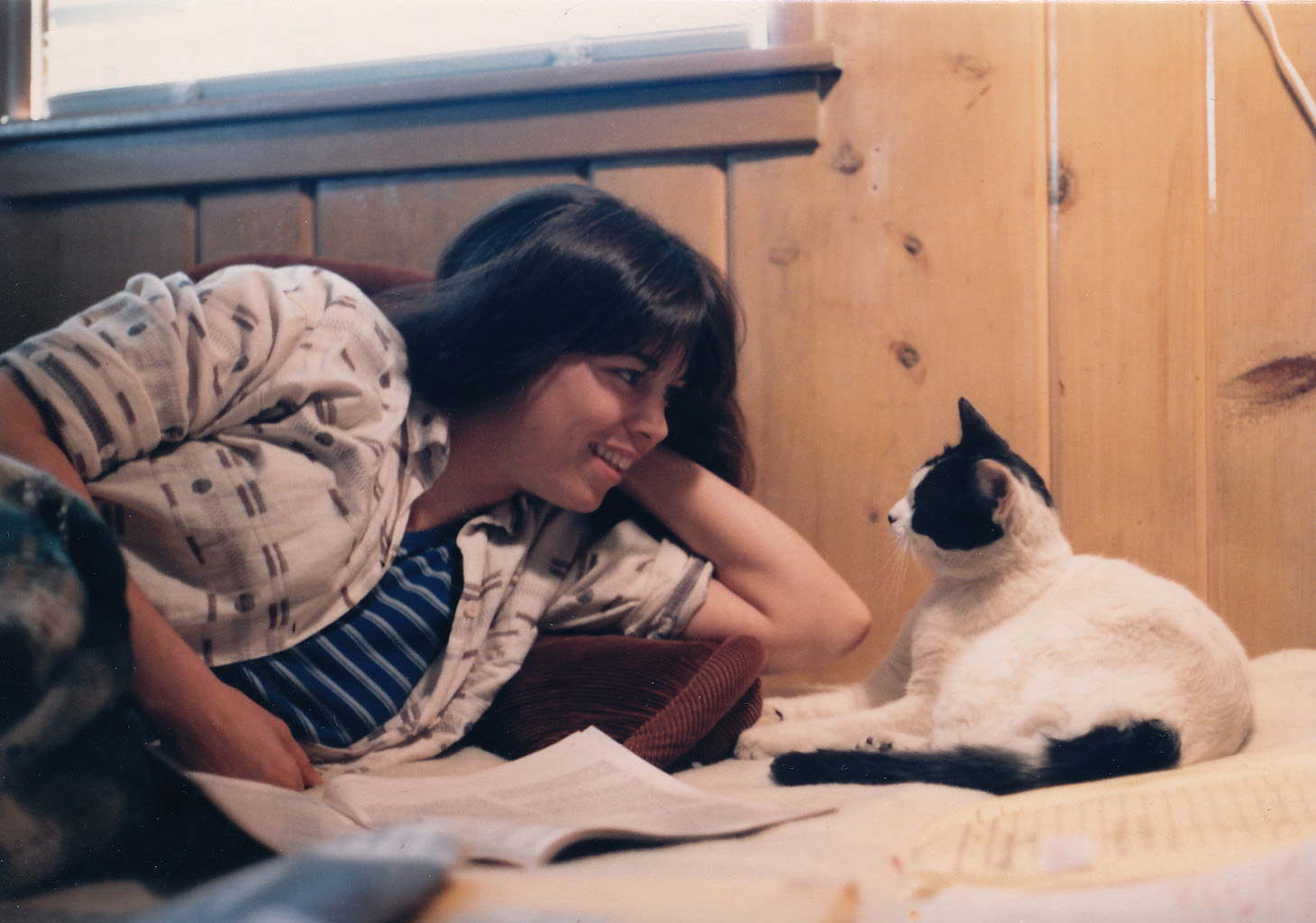


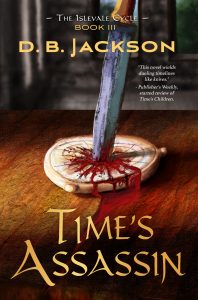
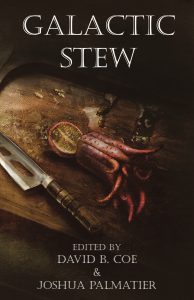 This will be the fifth anthology I have edited for ZNB (after
This will be the fifth anthology I have edited for ZNB (after